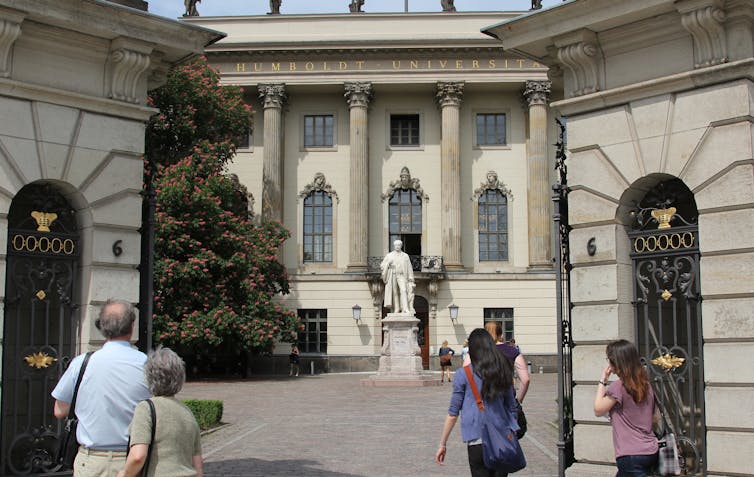Never has there been such an urgent need for educational research that tackles our understanding of global forces
By Blog Editor, IOE Digital, on 4 July 2018
4 July 2018
The impact of Globalisation on societies, economies and political systems has never been greater than it is today. Brexit, the rise of xenophobia and extreme forms of nationalism in Europe and the Trump phenomenon are in part due to the influence of global forces and people’s sense of powerlessness.
Globalisation has enabled instant access to knowledge for millions of people around the world but has also resulted in the rise of ‘fake news’. Therefore, there has never been a greater need for educational institutions around the world to address these global influences.
The IOE’s Development Education Research Centre has been at the heart of responding to this need, with its research, initiatives and publications.
One of the most important of these has been the International Journal of Development Education and Global Learning which this year celebrates its 10th (more…)
 Close
Close



